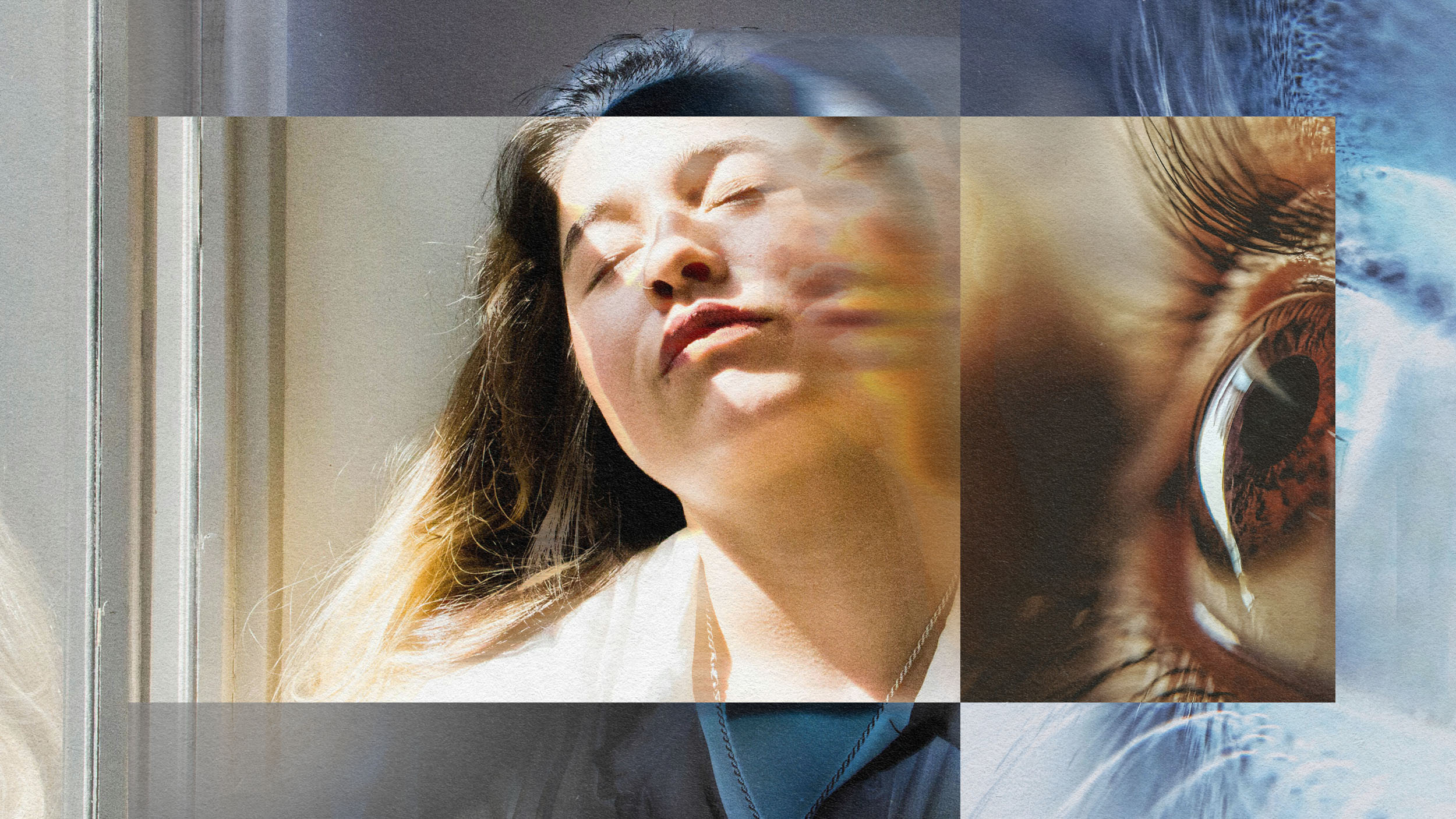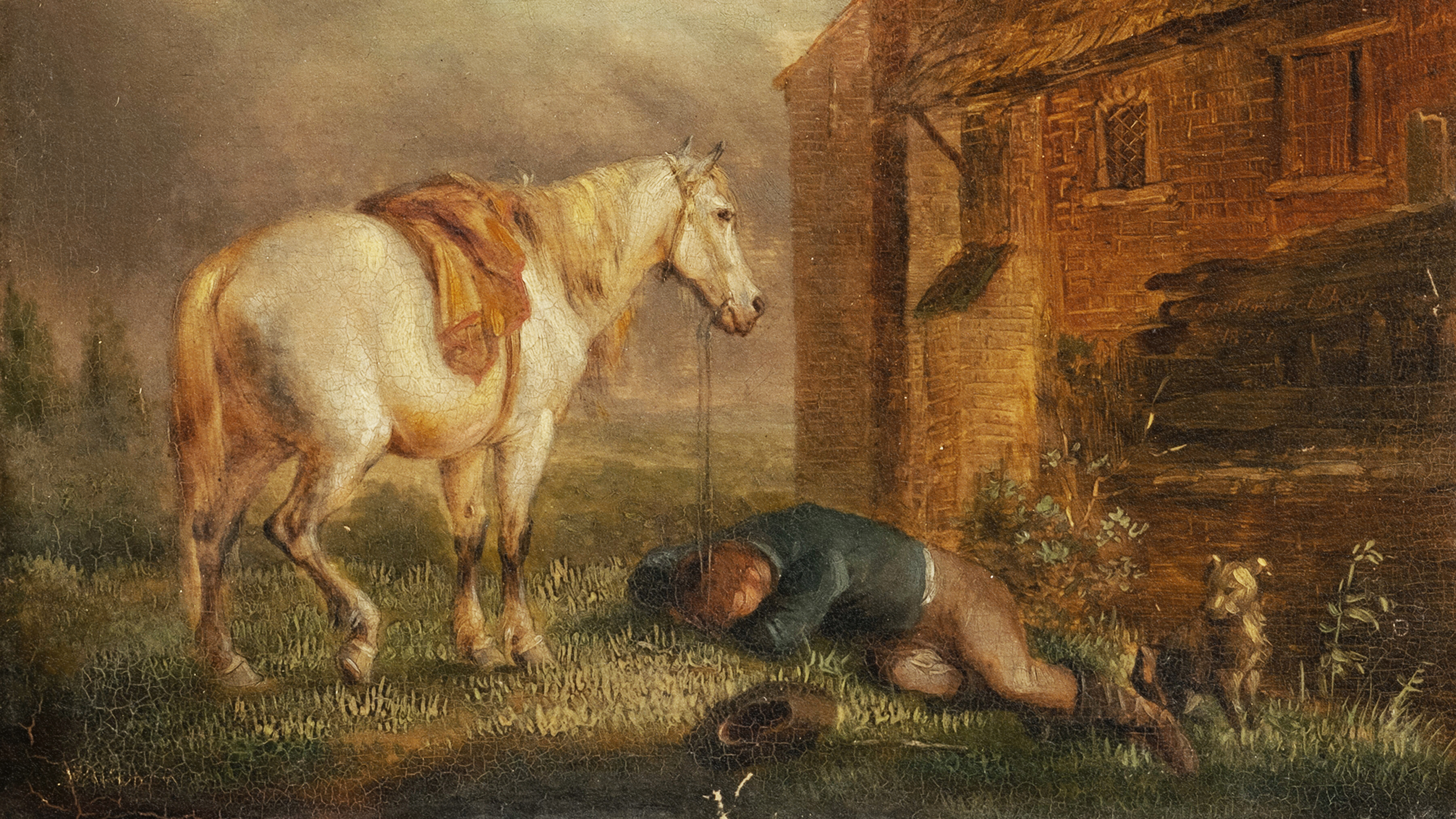Sleep Deprivation Linked to Serious Disease

What’s the Latest Development?
A number of new studies suggest an intimate relationship between a good night’s rest and diseases like Alzheimer’s and post-traumatic stress disorder. By disrupting connections important to daydreaming and introspection, sleep deprivation affects the same neural network as Alzheimer’s, perhaps making the brain more susceptible to the disease. In the case of PTSD, blocking certain proteins in the amygdala during sleep has been seen to ease traumatic memories. Researchers hope that by continuing to study the effects of sleep on memory, new treatments can be discovered.
What’s the Big Idea?
One in five American adults show signs of chronic sleep deprivation and, ironically, losing sleep so you can accomplish tasks during the day will make you less effective at actually accomplishing them. Memory and learning are greatly affected by the amount of sleep you get. “Just two hours of lost sleep in one night can keep the hippocampus from turning information from the day before into long-term memories.” Loosing sleep also makes accidents more likely. One study showed that teenagers who slept eight hours or more were 60% less likely to get injured while playing sports.
Photo credit: Shutterstock.com





